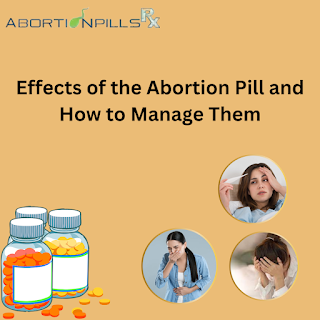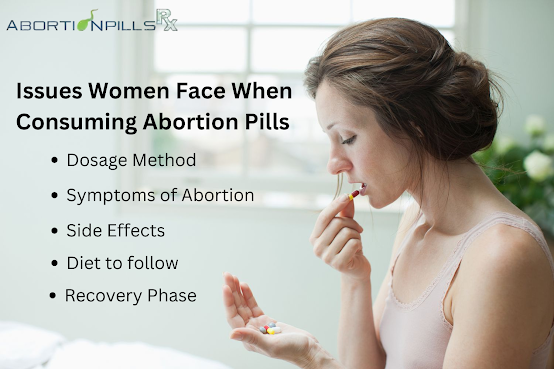How can I stop Itching in my private areas at night?
How can I stop Itching in my private areas at night?
Vaginal itching at night can have many causes, including skin irritation, yeast infections, and stress. The first step to reducing symptoms is understanding the cause of vaginal itching.
Things can get from bad to worse. Are you aware of it?
It doesn’t mean vaginal itching at night isn’t a cause for concern. Vaginal itching can also be a sign of a more serious problem, such as a sexually transmitted infection (STI) or (rarely) vulvar cancer. But vaginal itching is actually quite common and usually caused by something less serious, like irritants or hormonal changes.
How can I stop vaginal itching?
It is not always possible to stop vaginal itching and soreness on its own. Depending on the cause, medical treatment may be required.
However, there are some things you can do to prevent vaginal itching and soreness and maintain vaginal health. This includes:
Change your underwear every day and wear cotton underwear.
Use barrier measures during sex.
Get tested for sexually transmitted diseases and encourage your partner to do the same.
Always wipe from front to back to keep germs from your stool away from your vulva and vagina.
Wash your private parts using warm water and a gentle cleanser.
Avoid scented soaps, lotions, and bubble baths.
Avoid vaginal sprays and douches — your natural smell is perfectly fine.
After swimming or exercising, immediately remove wet or damp clothing.
Why does it get so itchy at night?
Pubic lice (also known as crabs) are usually transmitted by close contact, but can also be transmitted through bed linen and towels . Genital itching begins on the fifth day after infection and increases during the night. Pale bluish spots may also appear near the bite site and a fever may develop.
Which cream is best for vaginal burning and itching?
What you use to treat vaginal burning and itching depends on the cause. However, if you have no symptoms other than itching, you can start by using an over-the-counter corticosteroid, such as 1% hydrocortisone, twice a day. Consult your doctor if you do not feel relief from your symptoms within a few days.
Once your doctor identifies the underlying cause of your vaginal itching and vulva itchy at night, he or she will recommend treatment options.
1. Vaginal Yeast Infections
Vaginal yeast infections are treated with antifungal medications. These come in a variety of forms, including creams, ointments, and tablets.
2. BV
BV is usually treated with antibiotics. These are tablets that are taken orally or creams that are inserted into the vagina.
3. STI
STIs can be treated with antibiotics, antivirals or antiparasitic drugs, depending on the STI.
4. Menopause
Menopause-related itching can be treated with estrogen creams, tablets, or vaginal ring inserts.
5. Other Causes
Other types of vaginal itching and irritation often resolve on their own.
Causes of Vaginal Itching
- Irritations
Chemical irritants in everyday products that come into contact with the vagina or vulva can cause an allergic reaction called contact dermatitis. This includes alcohol, dyes, fragrances, etc. The vulva and vagina may feel itchy, red, and painful due to irritants
- Skin Diseases
Eczema, also known as atopic dermatitis, is a skin rash that primarily occurs in people with asthma or allergies. The rash is red, itchy, and has a scaly texture. For some people with eczema, the rash may spread to the vulva. Causing vulva itchy at night.
- Yeast Infection
Yeast is a naturally occurring fungus that is normally found in the vagina. They usually do not cause any problems, but if their growth is not controlled, they can lead to an unpleasant infection called vaginal yeast infection. And also may occur itchy vagina at night.
Excessive growth of yeast in the vagina can cause unpleasant symptoms such as itchy vagina at night, burning, and a thick whitish discharge with a odor similar to sourdough bread.
- Bacterial Vaginosis
Bacterial vaginosis (BV) is also a possible cause of vaginal itching.
Similar to vaginal yeast infections, BV is caused by an imbalance of good and bad bacteria naturally present in the vagina.
What can I expect when I consult a doctor?
Your care team will ask you questions about your symptoms, including the severity of your symptoms and the duration of your symptoms. You may also be asked about sexual activity.
And beware: a pelvic exam may be required.
During a pelvic exam, your health care professional may visually inspect your vulva and use a speculum to look inside your vagina. When you insert a gloved finger into your vagina, you may put pressure on your stomach. This allows us to check for abnormalities in your reproductive organs.
A sample of vulvar skin tissue or secretions may also be taken for analysis. Depending on your symptoms, blood and urine tests may also be done.
Itchy vaginal area at night is uncomfortable but usually not serious. In most cases, vaginal or vulvar itching improves naturally with lifestyle adjustments, such as if below-the-belt irritants can be avoided. If you have any concerns, please do not hesitate to contact your doctor for advice. Itchy vaginal area at night might be a concern for many.




Comments
Post a Comment